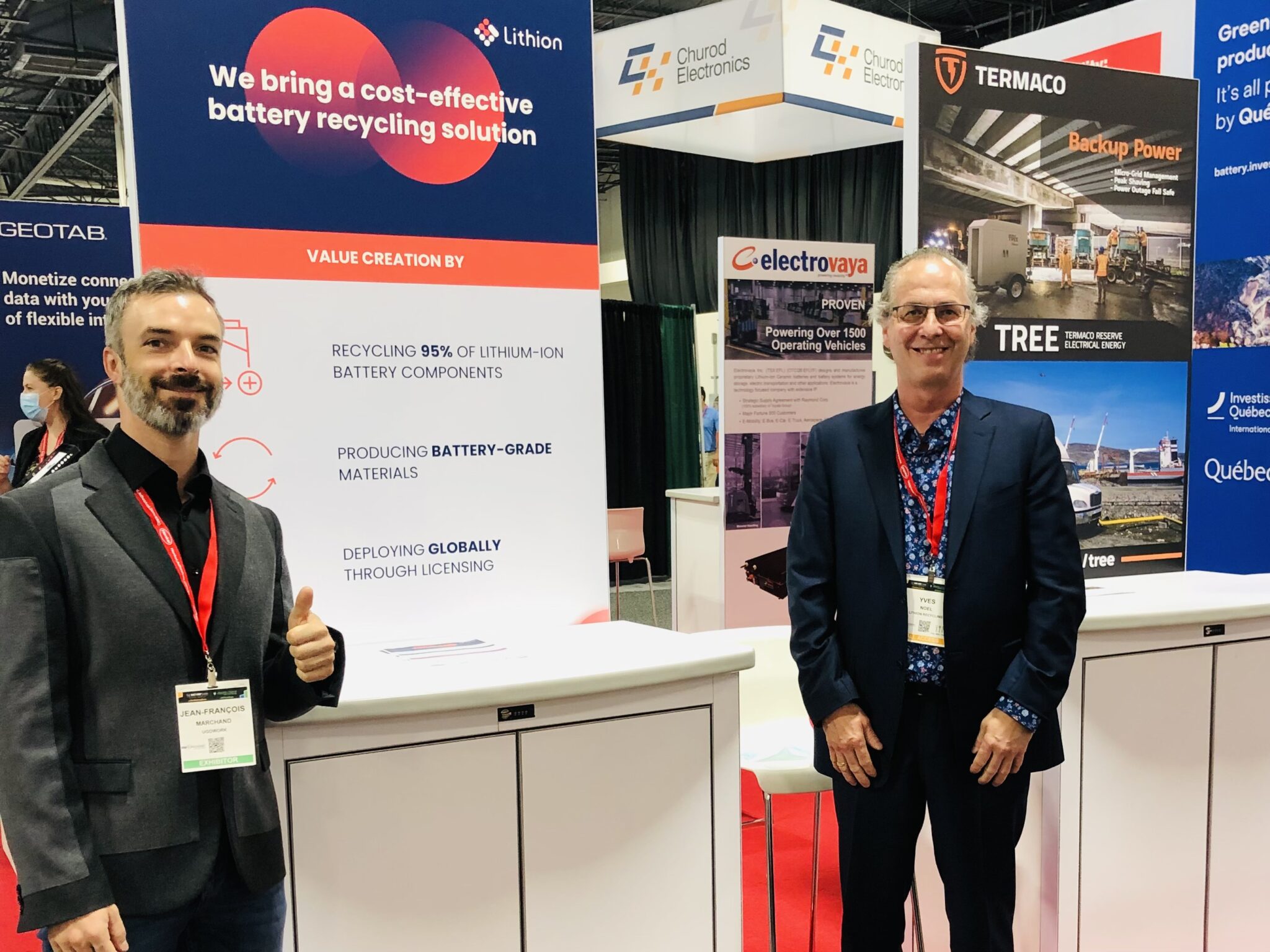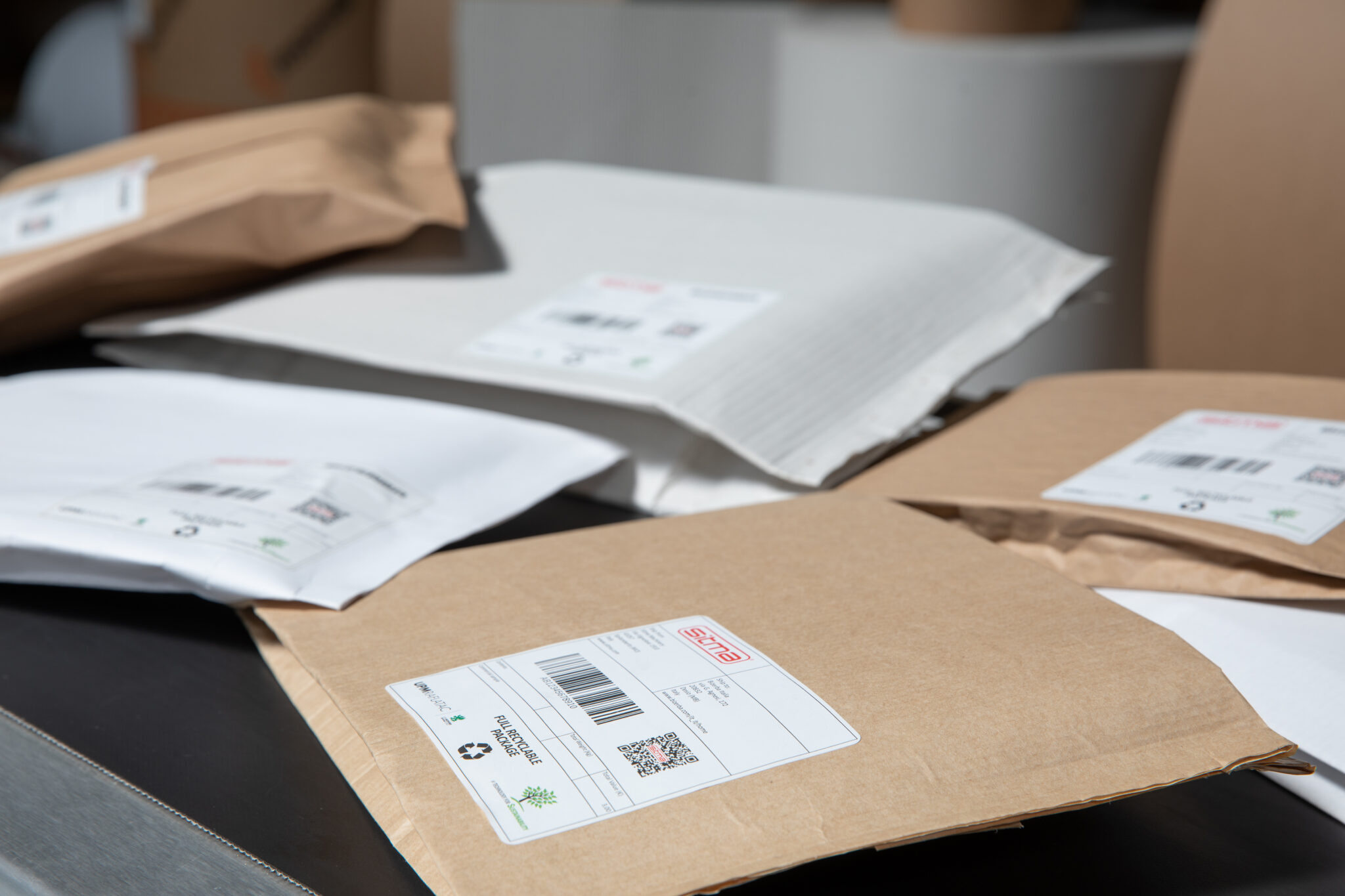The rise and rise of ecommerce, accelerated by the pandemic, brings new challenges for packagers looking to meet their customers’ sustainability targets. Logistics Business editor Paul Hamblin speaks to experts from Sitma about the opportunities.
More parcels in more shapes and sizes means more packaging solutions, whether bagged or boxed. Invention, creativity and practicality are all part of the ingenious processes bringing those new solutions to us.
Then there is sustainability. Everyone cares about the planet, right? Sure, but when you are hit in the pocket it focuses the mind sharply. With the news that the EU is bringing in taxes on the use of plastics, with further restrictions on single-use plastics, it’s time for businesses that rely on packaging quality and cost efficiency to sit up and take notice.
Customers care, too. Research shows that consumers are concerned about environmental issues related to the packaging industry, such as sea pollution, landfill and deforestation; those consumers are taking increasing notice of the packaging their goods arrive in – and, in growing numbers, are making buying decisions partly based on their conclusions.
That’s where Italian packaging experts Sitma come in. The company has an illustrious history in both conveying and packing high-volume items – it made its name wrapping newspapers and magazines for distribution across the world – so it is well placed to lead the field in the ecommerce packaging arena. “It’s well over a decade since we started seeking paper solutions to replace our plastic packaging models, so we’ve been working on this innovation for a long time,” reveals Orsola Cavina, from Sitma’s strategic marketing department. “It means our competences have grown for the benefit of new and existing customers and it was a natural move for us to go into the logistics sector.”
Sitma is using its experience and knowhow to help clients arrive at exactly the right choice for them in terms of their packaging priorities. The company is calling the initiative ‘Zero Impack’. “It is all about giving our customers the possibility to choose,” says Orsola Cavina. Criteria identified include packaging materials, with a preference for renewable, recyclable paper likely to figure strongly where relevant. Sitma’s R&D activities are focused on finding, testing and offering the greatest variety of bio-based materials – examples include paper, bio film, lightweight corrugated cardboard, recycled paper – that can be used within the same machinery portfolio without mixing materials that need to be recycled via different processes (and therefore incurring more time and financial cost).
Choices available to the ecommerce customer – and, it should be pointed out, non-ecommerce customers as well – via the Zero Impack consultancy are pack-to-fit technology, which automatically reduces void-fill and unnecessary surplus packaging; personalisation and branding options and a guidance through the world of sustainable packaging and what the options are. “It can be very confusing, so our customers are, understandably, not always 100% clear on what sustainability small details are,” explains her colleague Denise Gibbin, marketing expert.
Some of the options might surprise – for instance, plastic should not always be demonized, they say. “Sometimes it’s the right choice,” comments Orsola Cavina. But what about paper – should paper not be demonized because it destroys the rainforests, I ask? “No. We are very attentive to research and select only partners and/or suppliers who are FSC (Forest Stewardship Council) certified – fortunately the majority today – and have an active and concrete sustainability policy, so are basically committed to our same goals,” she says.
The result is a range of Sitma solutions which meet global sustainability goals, enhance customer brand value and are able to adapt to meet today’s consumer home delivery requirements cost effectively.





